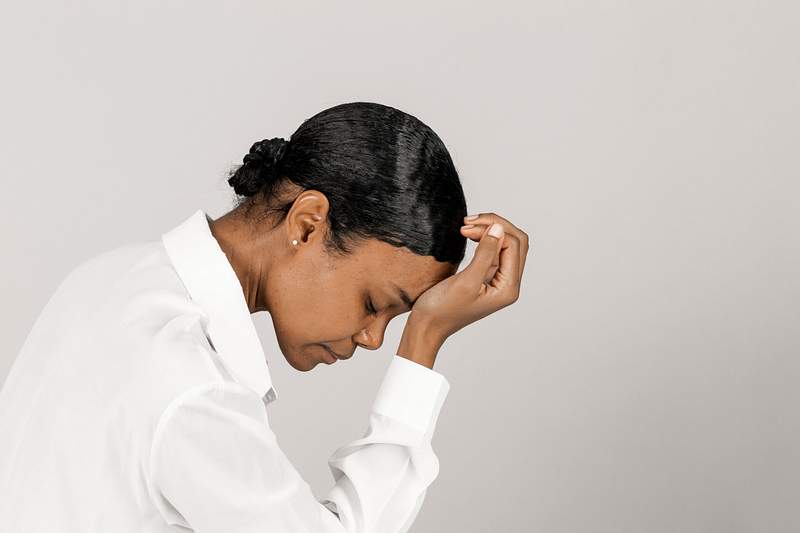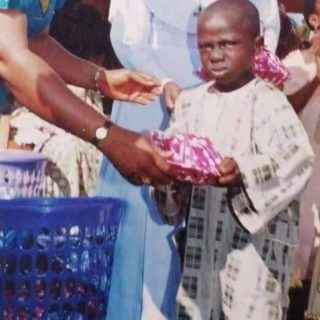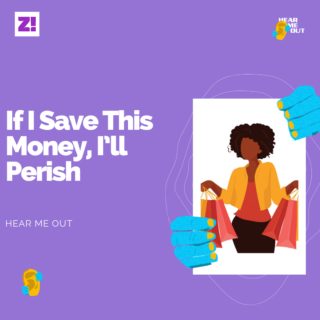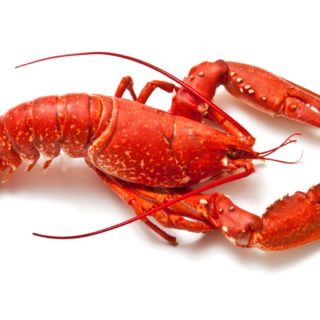I have often wondered what life is like for adults who grew up as gifted kids, and how they have managed to navigate adulthood. To get an idea of what their lives as adults are like, I put out a call for their stories and experiences dealing with rejection. Here are the responses I got:
Osasu, 27.

I finished top of my class from primary school till university. I even finished my bachelor’s degree with a first-class in engineering, but I severely flunked my masters. After completing my masters, I tried to get a job. I sent out between 40-100 applications, but most of them were rejections and near wins.
Sometimes I feel like a fraud. I struggle to deal with the rejections. My current job was more like “oh well, at least bad as e bad”. I no longer send out job applications, I have no motivation for them anymore. It feels like I have peaked and there is nothing left for me to do – I feel like I am hanging on because I have to, not because I have something I am actively living for.
I’m in therapy again, it’s my second attempt, and I really hope it works this time because I have lost faith in myself. Even though the thought of dying has crossed my mind, I can’t afford to die before Dr Strange and Wanda Maximoff fight in the Multiverse of madness.
Adaeze, 20.
When I was a kid, I won a lot of awards. I was not just the award-winning child, I was also the child parents wanted their children to be like. I was respectful, kind, funny, witty and smart. I did well in all my art classes, never sciences. Science was not my shit. I got promoted twice, I was doing way better than children in classes ahead of me.
I did really well in junior secondary school, I got 13As in my 15 subjects, but then I wrote my junior WAEC and got only C’s. I was not failing, but my A’s had become B’s and C’s. I think I got tired, burnt out probably. Nobody understood what was happening to me, my parents didn’t get it and neither did I.
I decided to become a writer, nothing prepared me for the rejection letters. I was getting them so often, like water. My parents started comparing people to me. it took therapy for me to finally start healing – my therapist used to say “failing is not a direct reflection of your worth” and that there are so many things beyond my control.
With every failure I’d remind myself that it happens, life happens, and then I buy myself shawarma or ice cream. Sometimes I cry because it’s okay to be sad that I didn’t get what I wanted but yeah, eventually, it’s okay.
I have had some good days. I won a scholarship, got some acceptance and then got a nice job. I also have some bad days- failed some tests, didn’t get into some fellowships, wasn’t qualified for some competitions, but I try to take each as they come.
Tinu, 24.
Growing up for me was like living in a boarding house. I didn’t really have a fun childhood like most people who lived with their parents must have experienced. My Dad is a disciplinarian to the core, we were not allowed to watch cartoons like other kids.
I was an “A” student throughout my secondary school, I couldn’t risk my dad killing me for having poor grades and God made sure that didn’t happen. My brother got beaten mercilessly one time by my dad for having a “C” in mathematics. I remember when I was in SS1, I got an “E” in economics, I had a panic attack and I was in tears.
I am currently in my final year of university and I have found better ways to handle failure and rejection. I have had academic-related rejections recently but I don’t feel too pained about them simply because they are secondary.
I have a very close older friend I talk to about my wins and rejections. He always knows the right words to say at the right time. So it helps me to be sober for a moment and keep my head high again the very next second.
Also, I received a lot of career/academic rejections in the year 2020. Now, when I experience one, my mantra is “WE MOVE”, the goal is not to stop moving.
But low-key to be honest, rejections pain me o. I don’t sulk about it for more than a day.
Damola, 25.
I grew up being a smart child. I used to read a lot and I always represented schools at debate and quiz. I went to JSS1 from Pry 4, skipped JSS2 to SS1, and by SS2 I had already passed Jamb. I was 13 at the time. I had to wait a year before getting into university and I got done with Uni by 19.
When I opted to go to art class in secondary school, the school principal contacted my parents to get me to change my mind and go to the science class instead. I took both arts and science in SS1.At home, a B wasn’t acceptable. It had to be an A
Dealing with rejection as an adult is so fucking hard. One bad feedback or rejection is enough to have your week ruined. The sad part about being rejected is, it makes me play safe.
I only go for opportunities where I know that I’m overqualified. I know it’s bad because I’m not fully utilising my potentials but it’s easier than dealing with the pain of “not being good enough”.
Growing up, you’re the local champion, smartest in the room and then boom YOU’RE NOT! It’s a tough transition, I’m in my mid-twenties now and I’m still figuring it out.
Ruby, 23.

I wasn’t the typical all-rounder, I was a natural with words and logic, but struggled quite a bit with math. Which I guess made me stand out even more. I’d have the highest class average while I just passed maths, I always had perfect scores in most of the other subjects.
Being an adult has taught me to find an identity outside how well I do at work or what I achieve. I think that’s why many people can’t come to terms with rejection. They’ve been told that what makes them matter is what they can achieve.
I had to learn how to be happy despite whatever was happening career wise or academically.
Jasmine, 26.
Growing up, I was a star child. I was on scholarships for excellent performance. At one point, I was given a double promotion because ‘star girl lomo‘. I was not a local champion. Because of the nature of my dad’s job, I had to change schools every year. I was top of my class consistently in all the schools I went to.
One time I was second in a new school but the following term, I was back to first position. I was even in a special class called ‘competition’ class. Pupils/students in that class were trained specially to go for competitions for the school.
When I got into university, I started to struggle. University was so tough, I did not make a first class GPA in any semester.I was always ‘almost there but never there’. That was when I gave up.It was very depressing because I started to struggle.
The worst happened when I failed a course. A whole me, fail a course?. I couldn’t tell my parents because it was going to break their heart. Meanwhile, my father was always hammering first class into my brain.
He was not aware of my struggles. Only my mom knew, and she encouraged me all the time and reminded me that I was a star. First class or not. I eventually graduated with a 2:1 which was a miracle because I was scared I was going to fail again.
Right now, I don’t see myself as smart or anything. If I want to do good in anything, I have to work twice as hard. Sometimes it pays off, sometimes it doesn’t so I really don’t understand how this works anymore.
I console myself that I am street smart and I can use my words when I need to.
Tunde, 25.

I was always top of my class, from primary school till university. I was top of my class all through the duration of my degree. After university, I applied for a postgraduate program in the US. I got on the waiting list. That seemed like a good thing till covid happened and the waiting list was disregarded.
I didn’t give up after that happened, it in fact increased my confidence. I applied to 6 more universities, I was certain one of them was going to accept me. When the first school rejected my application, I braced myself and hoped for the best. I was not going to be discouraged.
My friends continued to encourage me, they assured me that I was going to get in, but that didn’t happen. The fourth rejection came in and so did my doubt. I started to believe that I wasn’t as good as I thought I was. I hadn’t been able to react to the previous rejections, but the fourth one broke me. I cried. I wanted to pray and talk to god, but instead it was tears i got out.
I got on another waitlist and this time I was sure I was going to get in, but unfortunately, someone else got the spot.
I haven’t recovered from the feeling of being rejected yet, and I am taking each day as it comes. I recently got into a film school to study screenwriting and that is a big win for me.




